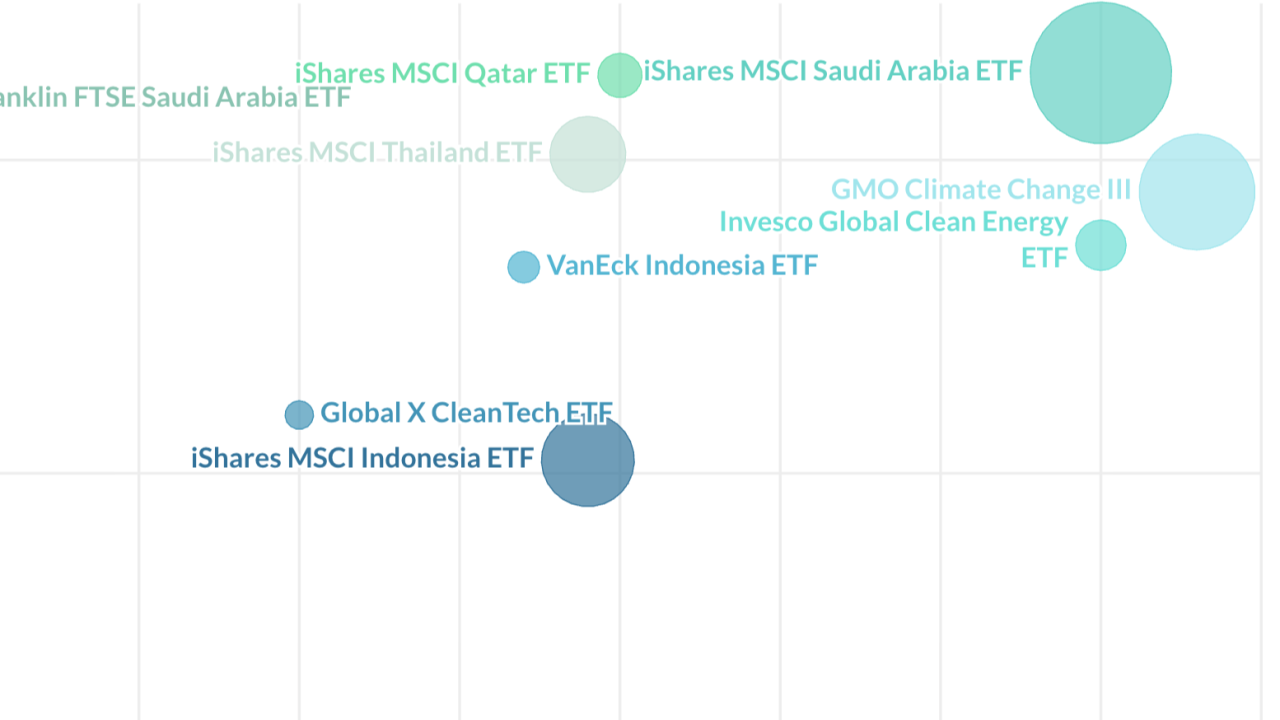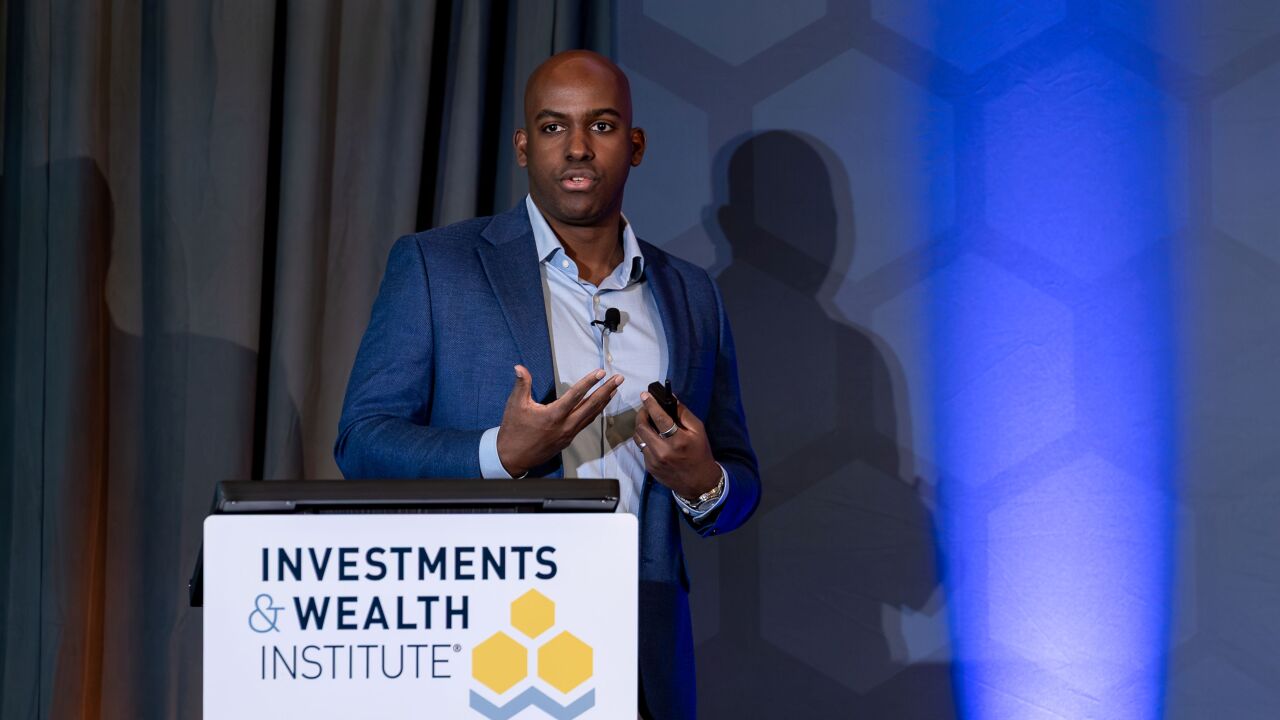You've got to hand it to Morningstar for sending a strongly worded comment letter to the Securities and Exchange Commission on the validity of independent fund board chairmen-especially as SEC Chairman Christopher Cox appears ready to capitulate on the long-contested issue.
Cox recently said that one alternative to independent directors that the SEC is considering is requiring funds to have a lead independent director. If independent directors were already so influential, naming one of them "lead" would really make little difference. But they aren't influential; they need clout.
On top of this, last week, SEC Commissioner Paul Atkins indicated that the Commission is heeding President Bush's-and the U.S. Chamber of Commerce's-exhortations that it conduct thorough cost/benefit analyses of its recommended regulations, and found little justification for the independent directors rule.
"Now that we have had a chance to review the recently released mutual fund governance studies, the justification for an industrywide experiment seems even more tenuous," Atkins told the National Association for Business Economics.
Morningstar's letter addresses these two arguments head on.
"Without independent chairs and a supermajority of independent directors, the effectiveness of many boards is compromised by the inherent conflicts of interest between interested fund directors and fund advisors," Morningstar Senior Fund Analyst Laura Pavlenko Lutton wrote in her March 1 letter.
Most notably, she said, is the question of fees. While lower fees are in shareholders' best interests, they "aren't likely to be in the best interest of the interested directors whose firms seek to maximize profits." Funds with independent chairmen and a supermajority are also likely to deliver better performance specifically because of these lower fees.
As far as research that shows that funds run by independent chairmen perform worse, Morningstar noted that report was based only on 14 funds, and that they were bank-run, which tend to deliver lower-than-average fees.
Conversely, there are times when hiring an affiliate of a fund company might be cost effective, but an interested director isn't likely to vote for such a measure. Finally, Morningstar questions whether an interested chairman, who isn't paid for their service on the board, will give it their all.
We hope the SEC will heed these arguments rather than look to dodge an issue that's been plaguing it the past three years.
(c) 2007 Money Management Executive and SourceMedia, Inc. All Rights Reserved.
http://www.mmexecutive.com http://www.sourcemedia.com





